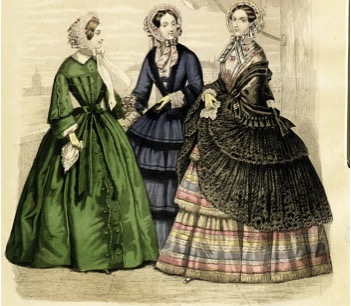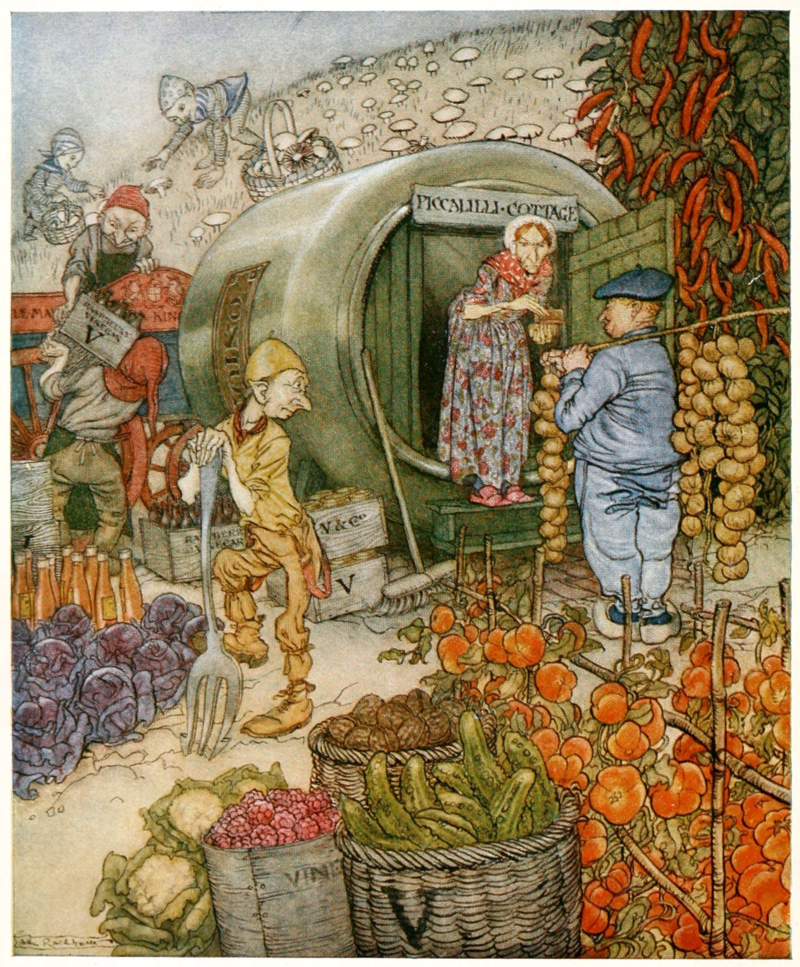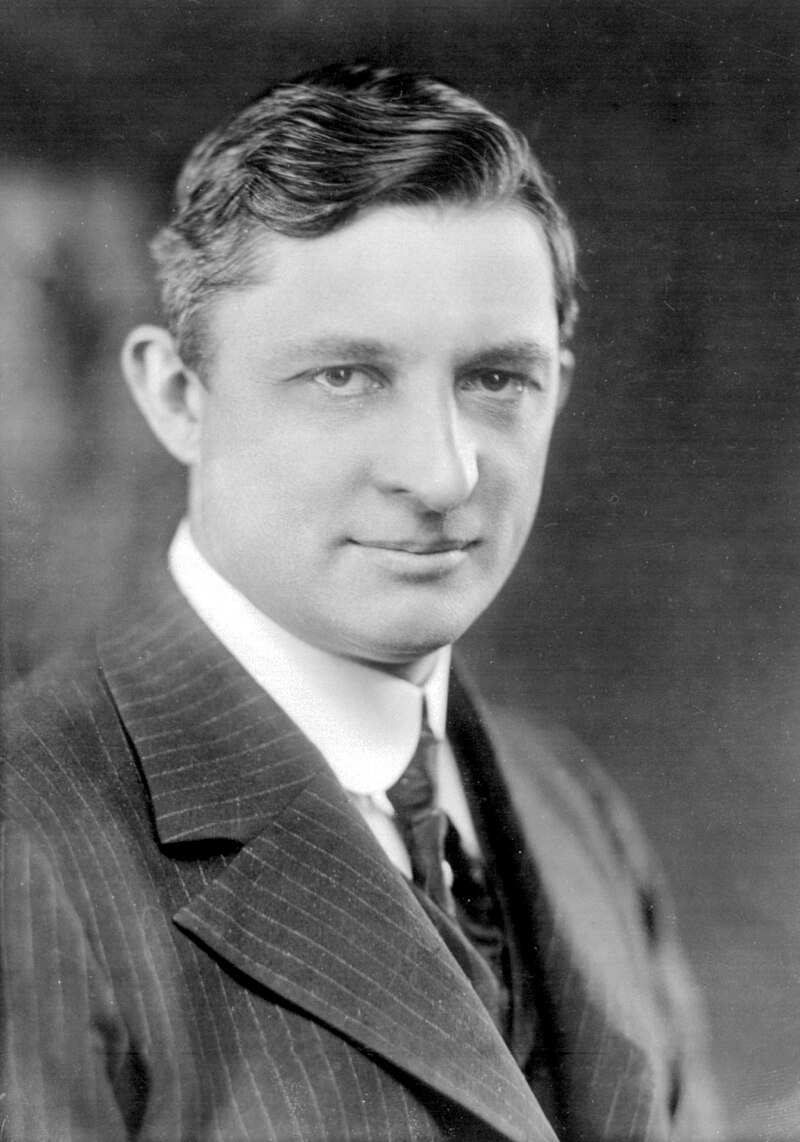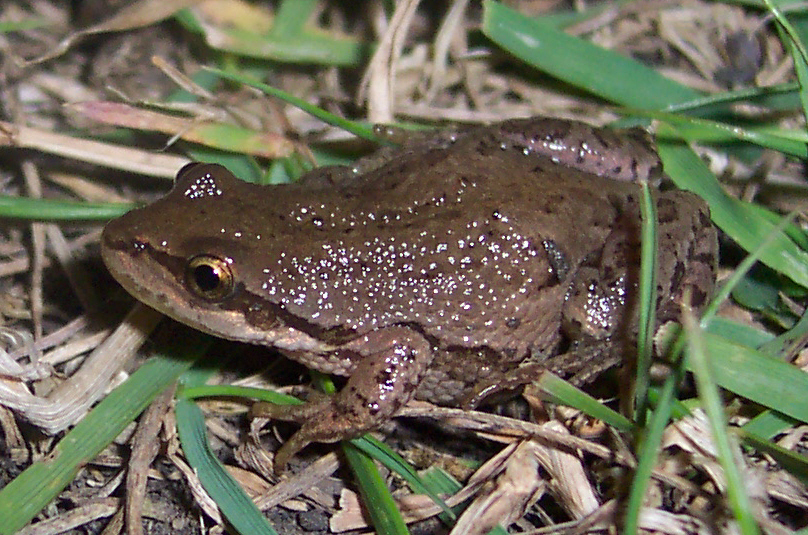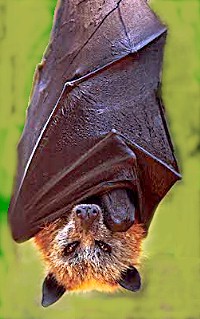Family Fortnight + Today, the 15th of May, marks the International Day of Families. For the past two weeks, our mystery writers have written of kith and kin, of loved ones and dear ones, and we have more articles to go plus some follow-ups. We’re happy to invite David and daughter to celebrate this world holiday. Settle back and enjoy!
by David Dean and Bridgid Dean
Today is International Family Day, an occasion that I was unaware of until Leigh Lundin made me so. He also asked if I would consider writing an article on the subject. Being an internationally recognized expert on the subject of families, this was agreeable to me.
Most of us have families, whether through blood, adoption, or, in some cases, through convenient, and hopefully beneficial, social arrangements. I wouldn't be going out on a limb if I also added that most of us have, or have had, conflicting feelings about these same families. It's safe to say that much of the stress, anguish, and worry we experience in our lives comes as a result of these unruly, and often ungovernable, social units. Growing up we can hardly contain our exuberance when thinking of that blessed day when we, too, will be adults like our awful parents… and free! Then, for reasons both unclear and diabolical, we finally do leave home, find a mate, produce children, and become truly awful parents ourselves. Maybe not every moment of every day (we do have to sleep after all), but in the invisible yet meticulously maintained ledger of infractions kept by all children, we are judged sadly lacking in all the important categories. Clearly, the only thing learned from our own awful parents was to reproduce their sad failings. And then there's adolescence…
When children enter into this infernal stage the very gates of family hell swing wide emitting foul odors and spewing forth imps and devils, artfully, and awfully, disguised as your own issue. Entering into this dark region slays and tramples all remaining hopes but
one– that someday, and God willing, someday soon, those children of the damned will also be visited with adulthood and leave the family manse… if it still stands!
And yet, for reasons that are mostly unreasonable, we find ourselves dreading that day, as well, and saddened when it finally does happen; comically nostalgic for the days we were a young family. Even those children turned adults, having now tasted the dubious freedoms they once longed for, purr like contented kittens during visits home. It has even been remarked by my children that their mother and I have grown more intelligent and reasonable with the years, a possibility none of them had foreseen.
So how did we weather the tumultuous years that we now look back so fondly to? There were two methods employed to save us from the lengthy prisons terms we all contemplated from time to time. The first was a dog. Not just any dog, but a Welsh Corgi. We are a Celtic-derived family and therefore must have a Celtic canine. Silke, as she came to be called, fit right in, being both untrainable and demanding. She was just as uncompromising as the rest of us, only probably smarter. Yet, the kids adored her, and their mother and I were roped in as well.
 |
| Corgi |
In a very Celtic way Silke became our sin-eater. No matter how badly we behaved toward one another, she was always available to be stroked and petted, somehow soothing and calming us in the process of tending to her unending need for affection. By being so needy and demanding, she drew us out of our own selfishness. And because she was inadvertently comical and endearing, she was a subject we could always talk about. Silke was a movable conflict-free zone.
But it is the second method--reading, that is more germane to this blog site. The family I grew up in did not often indulge in the written word. My parents were not well educated and, having grown up working, had never had the leisure time for recreational reading. It was my good fortune, and through their hard work, that I was provided with that very luxury– a gift beyond rubies. Not that they encouraged me to read, but seeing that I had a knack for it, they did not oppose it. In fact, when they observed that I was becoming a voracious reader of stories, novels, newspapers, and comic books, they were mildly amused, if somewhat cautious, being unsure of the results of such indiscriminate mental activity.
At greater family gatherings it was sometimes pointed out with a certain pride that I read a lot of books. My relatives' reaction to such an announcement ran the gamut from mild astonishment as to why anyone would do such a thing, to concern for my mental health and spiritual well-being. Still, I pressed on, and many years later looked about me one day to find that all of my own progeny had picked up books from somewhere and were reading them. It must have been the silence and unaccustomed peacefulness of my suddenly unfamiliar surroundings that tipped me off. I had failed to notice the start of this phenomenon and was, like my relatives before me, mildly astonished at the development. Could it be that my children and I shared some common thread beside DNA, I asked myself. Was it possible?
Like an animal trainer that's been bitten and mauled, I proceeded with caution, gently inquiring as to the subjects of their readings, while sliding books of my own choosing through the bars of their theoretical cages. Mostly, after a sniff or two, these were rejected– though not with snarls or bared fangs, just shifted back to me without comment. I was encouraged and found that with patience and literary forbearance we soon began to use the spoken word to discuss authors and stories, even progressing to the ideas and inspirations that might have motivated them. And all of this without heated argument or emotional eruptions! I questioned my own sanity. Could this really be happening? My wife assured me that it was all real.
 |
| Julian and J. Joyce in Dublin |
Oh, how I wish I could say that the Dean household's serenity was nevermore disturbed by a voice raised in anger, or shrill with indignation. Alas for all you hopeful young parents out there, it cannot be done. We devolved on more occasions than I would willingly recall… but now there were bright oases that we arrived at from time to time in our family journey, like restful, green isles scattered across a turbulent, grey sea. Just when it seemed that my mutinous crew would finally toss me overboard, we would wash up onto a wide, warm beach and peace be restored with the opening of a book.
Many years later, I still discuss stories, books, and writers with my
adult children. And it's rare I come away from visits to their homes
without a book selected from their shelves.
Our son, Julian, is turning his love of reading into a profession, having just been accepted into Notre Dame University's PH.d program for literature. He will be specializing in Irish works. It seems Ireland has produced some decent authors over the years. Who knew?
My eldest girl, Tanya, still waxes nostalgic over our reading of C. S. Lewis’ Chronicles of Narnia when she was but a child.
Her sister, Bridgid, not only retained her appetite for literature, but has become a writer, as well, having produced her first novella,
The Girl In The Forest. (You'll hear from her in just a moment.)
So here you have it, on this International Family Day, all of my wisdom and experience contained in these two exhortations: Get a pet and scatter books about like landmines! It worked for us and could for you.
Bridgid’s View of Things
While it is hard to argue with the
notion that my parents have grown more reasonable over the years since we've
left home (probably because they didn't have us kids around, irritating them to
distraction!) I would like to point out that I always thought they were
intelligent. This point was particularly
impressed upon me when, at the age of eight, I heard that my dad was going to
have a story published for the first time.
My
sister was already in college and my brother was only five, but I was at home and
just old enough to be in the midst of
really discovering reading for myself.
I recall eight as the age when the books no longer had pictures,
becoming, instead, thin novels with exciting covers, full of amazing plot
twists. They were peopled with characters
that made you wonder who you might one day be, what you might do in those
unfathomable years ahead. I was probably in the midst of devouring yet another
John Bellairs book when I heard the news of the my dad's first story being
published in Ellery Queen Mystery Magzine.
And, as though someone had opened a window in the house, a fresh breeze
scented with possibility wafted through, rifling the pages of my book.
This
was also the year in school when we first had to keep a journal as an assignment,
writing for some designated period of each day.
It soon became apparent that I loved to write; my classmates would
gladly close their notebooks once they had completed the minimum requirement
but I kept going, filling page after page, stopping only when the teacher said
we had to move on to something else.
Later in the year, while talking about occupations, my teacher said she
could see me becoming a writer. Right
then and there I decided that that this was exactly what I wanted to do. Quite thoughtfully, my dad had just begun
proving that this was an achievable goal for readers like us.
As my dad mentioned, books were always present in our house. Book shelves were stocked like bomber
pantries, the library was visited twice a week, and favorite books were passed
between us like sacred gifts. My
sister's gift of the Hobbit, decades later, still sits on my shelf, read many
times. From my dad I got Graham Greene,
from my mother, Jane Austen. To my
brother I bequeathed Anne Rice, though he might not care to admit it to his
fellow doctoral students.
 |
| Happy International Family Day |
Even when distance or time kept us from discussing a book that we had shared, the
act of sharing it always felt significant.
My older sister is the fantasy reader amongst us, with the Hobbit she
offered me a doorway into a world to which I had not yet entered, but one that
I knew was very significant to her.
Books felt, sometimes, like keys in this way. Keys to the inner worlds of our family
members, keys to what they loved, and a means of sharing in it. Books have provided a common ground, a shared
interest, and, at times, something else to argue about. What could be more significant?
Well… okay. Maybe a Corgi.






















